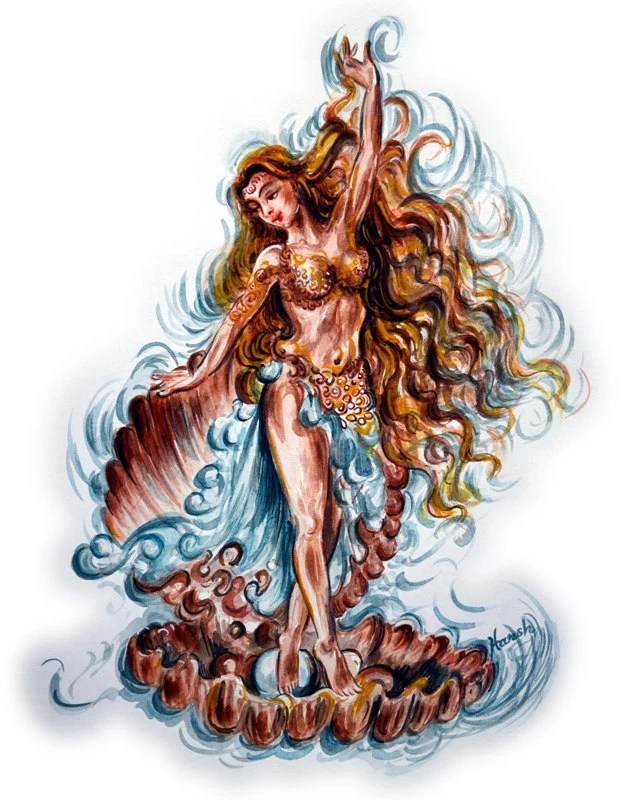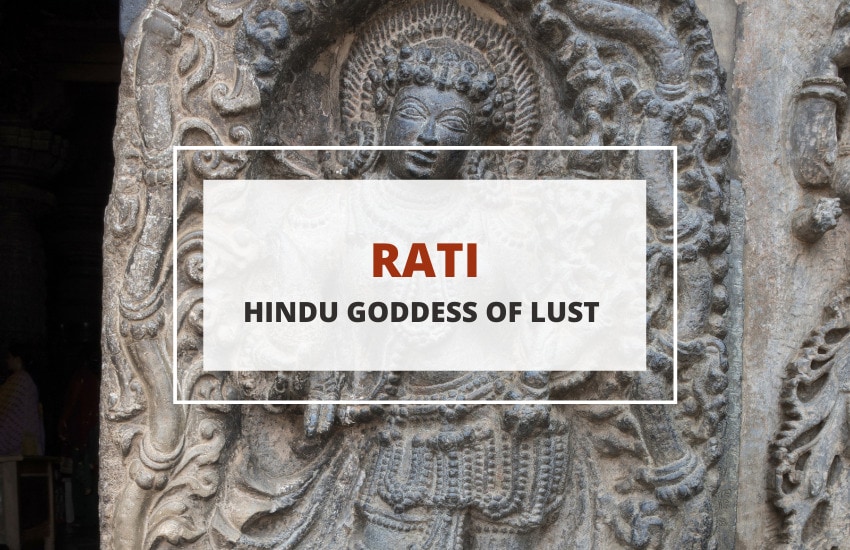Lust Goddess: Embracing The Divine Feminine
The term "lust goddess" evokes a sense of powerful femininity, sensuality, and allure that transcends mere physical attraction. It encapsulates the essence of women who embody desire, confidence, and an irresistible charm that captivates those around them. Throughout history, various cultures have celebrated women who embody these traits, often deifying them in mythology and art. In contemporary society, the phrase resonates with the modern woman's journey towards self-love, empowerment, and embracing her own sexuality.
The concept of the lust goddess is not just about carnal desire; it encompasses a deeper understanding of femininity that celebrates strength and independence. Women today are reclaiming their narratives and expressing their desires unapologetically, challenging societal norms that have for too long dictated how women should behave. This shift is not only empowering but also essential for fostering a culture that values women's voices and experiences.
As we dive deeper into the world of the lust goddess, we will explore various aspects of this archetype, from historical representations to modern interpretations. What does it mean to embody the spirit of the lust goddess? How can women today embrace their own inner goddess? Join us on this journey of exploration and enlightenment as we uncover the many facets of the lust goddess.
What is the Origin of the Lust Goddess Archetype?
The lust goddess archetype has deep roots in various cultures and mythologies. From the ancient Greeks and Romans to the Hindu pantheon, goddesses have been revered for their beauty, fertility, and sexual power. Figures such as Venus, Aphrodite, and Kali embody different aspects of the lust goddess, representing love, beauty, and destruction, respectively. This rich tapestry of goddess figures helps us understand the multifaceted nature of femininity and desire.
How Have Cultural Perspectives Influenced the Concept of the Lust Goddess?
Cultural perspectives play a crucial role in shaping how the lust goddess is perceived. In some cultures, goddesses are celebrated for their eroticism and sensuality, while in others, they may be demonized or shunned. This dichotomy often reflects societal attitudes towards women's sexuality and agency. By examining these cultural narratives, we can gain insights into how the lust goddess archetype has evolved over time and how it continues to influence modern discussions on femininity and desire.
Who Are Some Modern Representations of the Lust Goddess?
In contemporary society, numerous figures embody the essence of the lust goddess, each bringing their unique interpretation to the archetype. Celebrities, artists, and activists have used their platforms to advocate for body positivity, sexual freedom, and women's empowerment. Notable figures include:
- Beyoncé – Celebrated for her fierce femininity and exploration of sexuality in her music and performances.
- Lana Del Rey – Known for her sultry persona and nostalgic themes of love and desire.
- Cardi B – An outspoken advocate for women's rights and sexual liberation, challenging stereotypes and societal norms.
What Are the Characteristics of a Lust Goddess?
The lust goddess embodies several key characteristics that define her allure and charm. These traits include:
How Can Women Embrace Their Inner Lust Goddess?
Embracing the inner lust goddess is a journey of self-discovery and empowerment. Here are some ways women can connect with this archetype:
- Practice Self-Love: Cultivating a positive relationship with oneself is key to embodying the lust goddess.
- Explore Personal Style: Dressing in a way that makes one feel confident and beautiful can enhance one's allure.
- Engage in Creative Expression: Whether through writing, painting, or dancing, creative outlets allow for exploration of desires.
- Challenge Societal Norms: Questioning and redefining societal expectations can empower women to embrace their sexuality.
What Role Does the Lust Goddess Play in Feminism Today?
The lust goddess serves as a powerful symbol within modern feminism, representing the reclamation of women's bodies and desires. By embracing their sexuality, women can challenge patriarchal norms that seek to suppress their autonomy. This movement towards sexual liberation is essential for fostering a culture that celebrates diverse expressions of femininity and desire.
What Can We Learn from the Lust Goddess?
Ultimately, the lust goddess teaches us the value of embracing our desires and celebrating our femininity. By understanding the complexities of this archetype, women can embark on a journey of self-acceptance and empowerment. The lust goddess challenges us to redefine our narratives and reclaim our power, reminding us that our bodies and desires are our own to celebrate.
Conclusion: The Lust Goddess Within Us All
In conclusion, the lust goddess is not just a mythical figure; she resides within every woman who dares to embrace her desires and express her femininity. By understanding the origins and characteristics of this archetype, we can empower ourselves and others to celebrate the beauty of being a woman. The journey to embodying the lust goddess is one of self-discovery, confidence, and empowerment, inviting women to reclaim their narratives and shine brightly in a world that often seeks to dim their light.
| Personal Details | Bio Data |
|---|---|
| Name | Lust Goddess (Archetype) |
| Origin | Various cultures and mythologies |
| Key Traits | Confidence, Sensuality, Empowerment, Creativity |
| Modern Representations | Beyoncé, Lana Del Rey, Cardi B |



ncG1vNJzZmivp6x7s7HBnqOrmZ6YtbjFzmeaqKVfl8OmutOuqZ6dYmS5tr%2FTZp6onJSawLR6x62kpQ%3D%3D